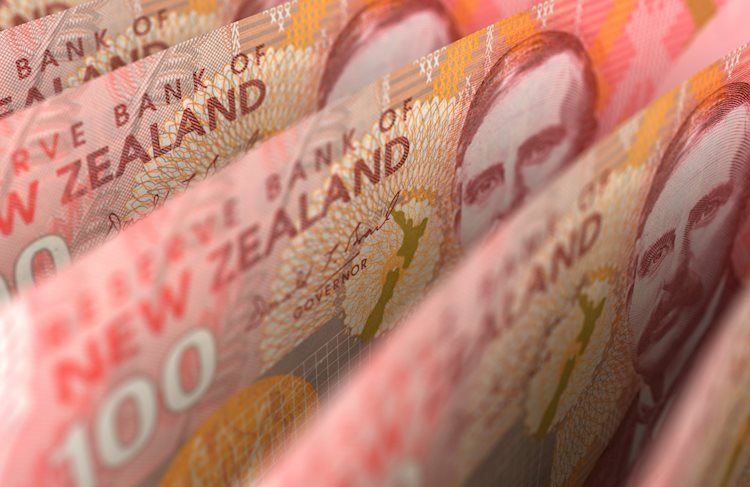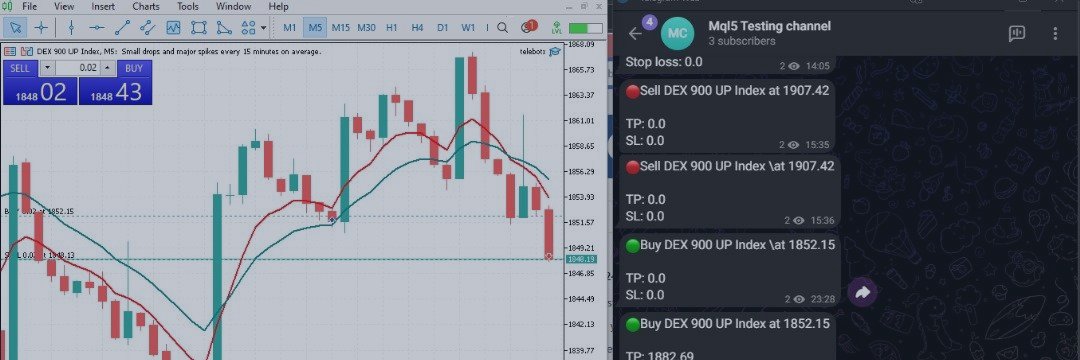By Sameer Manekar
(Reuters) – Analysts have solidified their bearish positions on most Asian currencies as higher-for-longer U.S. interest rates and a resilient dollar are likely to continue to hurt the local units, a Reuters poll showed on Thursday.
The Indonesian rupiah and the Philippine peso were the most shorted currencies in the region, with bearish bets on both at multi-week highs, a fortnightly poll of 10 analysts showed.
The responses were received before the United States’ May inflation report, which showed prices remained flat, and the Federal Reserve’s monetary policy meeting at which the central bank pushed out the start of rate cuts to as late as December. However, investors in contracts tied to the Fed’s benchmark rate kept bets of quarter-percentage-point reductions in September and December intact.
“We still see upside risks for the DXY () given that we remain in an uncertain transitory period on (U.S.) inflation and markets may continue to be cautious,” analysts at Maybank said in a note on Thursday.
“The Fed staying higher for longer is also going to do no favours for Asian FX with dot plots now indicating only one cut this year.”
The Indonesian rupiah, one of the worst-performing currencies in the region so far this year, has seen analysts build up their short bets throughout the year as external factors and corporate dividend outflows pressure the currency.
“We are more sceptical towards the THB (baht) and IDR (rupiah) in the near term because of ongoing dividend outflows,” analysts at HSBC said.
“As long as the IDR remains under pressure – which is quite likely in the near term, given dividend outflows until end-July, a narrowing trade surplus, and a lack of portfolio inflows – we cannot rule out more rate hikes by BI (Bank Indonesia).”
Short bets on the Philippine peso ticked higher as the local central bank remains of the view that interest rates could be cut as early as August despite an uptick in inflation.
“Signalling a rate cut ahead of the Fed will likely result in heightened depreciation pressure for the PHP,” HSBC analysts said.
Meanwhile, analysts have turned bearish on the Indian rupee, one of the top-performing currencies in the region so far this year, as external factors like high interest rates and Middle East geopolitical tensions put pressure on the currency.
Bearish views also ticked higher on the South Korean won, the Taiwan dollar, and the Singapore dollar, while being trimmed marginally on the Chinese yuan and the Thai baht.
The Asian currency positioning poll is focused on what analysts and fund managers believe are the current market positions in nine Asian emerging market currencies: Chinese yuan, South Korean won, Singapore dollar, Indonesian rupiah, Taiwan dollar, Indian rupee, Philippine peso, Malaysian ringgit and Thai baht.
The poll uses estimates of net long or short positions on a scale of minus 3 to plus 3. A score of plus 3 indicates the market is significantly long U.S. dollars.
The figures include positions held through non-deliverable forwards (NDFs).
The survey findings are provided below (positions in U.S. dollar versus each currency):
DATE
13-June-24 0.95 0.87 0.62 1.22 0.64 0.37 1.00 1.23 0.92
30-May-24 1.05 0.72 0.33 0.94 0.53 0.00 0.81 1.19 1.00
16-May-24 1.05 0.96 0.35 0.96 1.02 0.39 1.23 1.29 1.00
2-May-24 1.25 1.61 0.89 1.39 1.40 0.49 1.46 1.44 1.39
18-April-24 1.25 1.59 0.80 1.32 1.24 0.43 1.42 1.19 1.28
4-April-24 1.18 1.09 0.42 1.13 1.17 0.00 1.15 0.62 1.35
21-Mar-24 0.92 0.82 0.33 0.60 0.92 -0.54 1.12 0.47 1.13
7-Mar-24 0.84 0.54 0.25 0.53 0.64 -0.59 1.14 0.52 1.05
22-Feb-24 0.70 0.40 0.20 0.20 0.70 -0.40 1.30 0.30 1.10
8-Feb-24 0.40 0.39 0.41 0.40 0.32 -0.17 1.07 0.28 0.72













